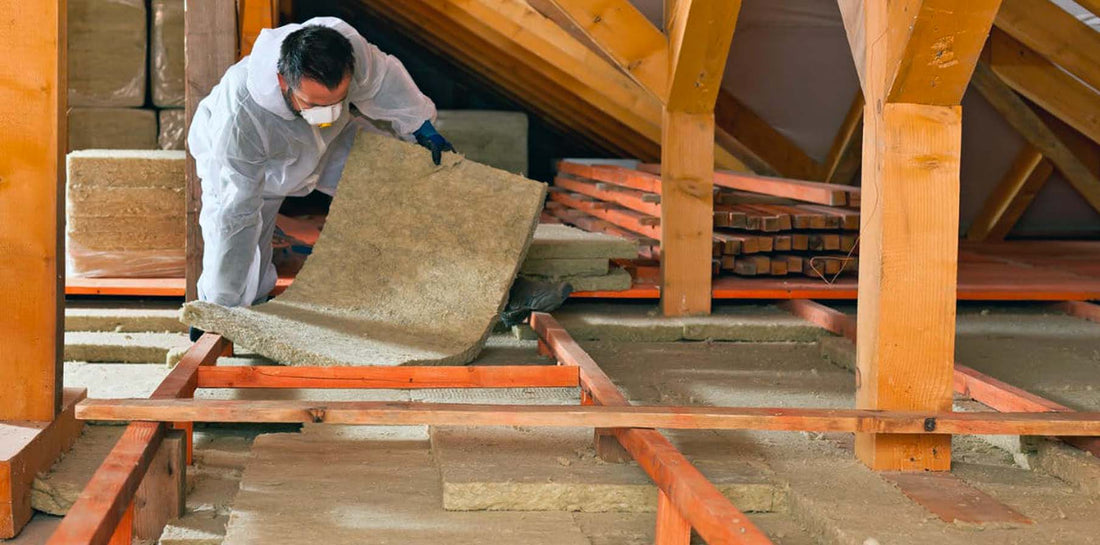
Hemp Wool: A Superior Alternative to Rock Wool for Insulation
Hemp wool stands out as an excellent, eco-friendly insulation option. This plant-based material offers outstanding long-term performance while being safe for your health. In contrast, rock wool raises concerns about its environmental impact and potential health risks.
While both materials exhibit comparable thermal insulation properties and are available in various formats (panels, rolls, mats, or loose fill), they also display notable distinctions. To help you make an informed decision about insulating your roof, walls, attic, or floors, let's compare these two materials.
Hemp: An Eco-Friendly and Economical Plant
Hemp is a fast-growing plant with several environmental benefits:
● Produces over ten tons of dry matter per hectare in just three to four months
● Grows without pesticides due to its natural pest-repelling properties
● Suppresses weeds and regenerates soil
● Captures atmospheric CO2, helping to reduce greenhouse gases
Moreover, every part of the hemp plant is utilized. For instance, the seeds (hemp hearts) are used in food products such as bread and energy bars, while hemp oil is used in cosmetics and paints. The stem is used to produce hemp hurds, which are incorporated into materials such as lime-hemp render.
Rock Wool: A Greater Environmental Impact
Rock wool, a mineral insulating material, is made from natural but non-renewable raw materials:
● Basalt (volcanic rock)
● Flux
● Coke (a coal derivative)
Its production requires industrial processing and mixing with other materials. The transportation of raw materials and the lack of an efficient recycling process increase its environmental footprint.
Health Risks
Hemp Wool: Safe for Health
There are no health risks associated with hemp wool:
● Made of natural fibers
● Safe for respiratory system and skin
● Contributes to a healthy indoor environment
Rock Wool: Potential Lung Hazards
Rock wool, on the other hand, carries significant health risks:
● Its fibers measure between 1.7 and 3.5 microns, which can irritate the skin and respiratory tract
● Particles smaller than 3 microns can penetrate deep into the lungs
● Handling requires special precautions
Durability and Lifespan: Hemp Wool’s Advantage
Hemp wool outperforms rock wool in terms of durability and longevity:
● Resistant to rot (rot-proof material)
● Lifespan of 40 to 50 years
In contrast, rock wool has considerable drawbacks:
● Tends to settle over time
● Must be replaced every 10 years
While hemp wool may have a higher upfront cost, its longevity makes it a more cost-effective investment over time. For those seeking an insulation solution that is efficient, environmentally friendly and poses no risk to health, hemp wool represents an optimal choice.
